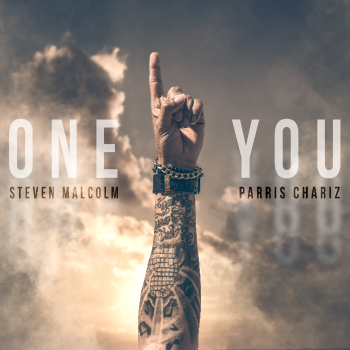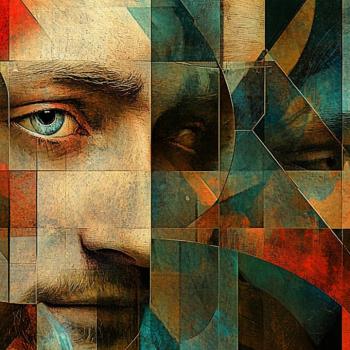 By Rod Dreher
By Rod Dreher
Hope, I keep telling myself, is not the same as optimism. That's the best I can muster when I think about the future of Christianity, at least in the United States. We are assured that the gates of Hell will not prevail against the Church, but if I were a betting man, I'd put my money on the church in the Global South and even in China doing better this century than believers in America.
Why so glum, chum? Three words: Moralistic Therapeutic Deism. That's Notre Dame sociologist Christian Smith's term to describe what he documents as the emerging mainstream religious sensibility in the U.S. MTDers are in every Christian church, and in non-Christian religions as well. The MTD god is a likeable guy who is far removed from our everyday lives, and is to be called on only when we want help. He wants us to be good, which is to say nice. The main thing in life is to be happy and feel good about yourself.
That's it. There is no real doctrine, or understanding for why doctrine matters. Indeed, doctrine is divisive and judgmental, in the MTD view. As Smith and his researchers have discovered, the MTD worldview is endemic among younger Americans across religious traditions. This shouldn't surprise anyone, because it fits perfectly with a middle-class, mobile, consumerist mentality. But it's not Christianity, not by a long shot.
In the not-so-distant past, Christians used to argue among themselves -- often uncharitably, sometimes violently -- about right and wrong. We disagreed between churches and within churches about doctrine, but we understood that these disputes mattered because a great deal was at stake. Plus, we had faith that our positions could be justified through reason, which is to say, through rational appeals to authority (of scripture, of tradition, of the magisterium, and so forth).
The understanding that religious truth is something outside of ourselves, but that we can know, and should form our moral and spiritual understanding around, is fast disappearing. I am 43 years old, and have been struck by how often I've spoken to Christians my age and younger who don't know enough about their own traditions to have a meaningful discussion about these things. Crucially, however, they don't see why that should matter. After I left the Roman Catholic Church, I once argued with a younger Catholic over a particular Catholic teaching he rejected (I took Rome's side). His view was that he believed as he liked, and -- crucially -- that no one could tell him he was any less of a Catholic because of it.
Basically, my friend declared that he was his own pope. This is hardly a radical point of view these days, among Catholics and other Christians. The Self is almighty. As Smith has written of MTD:
This is not a religion of repentance from sin, of keeping the Sabbath, of living as a servant of sovereign divinity, of steadfastly saying one's prayers, of faithfully observing high holy days, of building character through suffering, of basking in God's love and grace, of spending oneself in gratitude and love for the cause of social justice, et cetera. Rather, what appears to be the actual dominant religion among U.S. teenagers is centrally about feeling good, happy, secure, at peace. It is about attaining subjective well-being, being able to resolve problems, and getting along amiably with other people.
Where did young Christians get this from? Their parents' generation. I grew up in the 1970s and 1980s as a Protestant, and was presented a model of Christianity that was a lot like MTD. When I returned to faith in the 1990s, it was as a fervent Catholic; not only was I convinced of the truth of Catholicism, but I also recognized in it the means necessary to be a bulwark of authority in a tempest-tossed sea of postmodern relativism, which had hollowed out the moral authority of many Protestant churches. What I didn't expect was that Rome only looked solid on paper. Actual life outside the hermetically sealed world of my favorite Catholic magazines and Catholic blogs was -- surprise! -- Moralistic, Therapeutic, and Deistic.
After many years, I lost my Catholic faith after suffering a shattering crisis while writing and reporting on the sex abuse scandal. By the grace of God, I was able to hold on to my Christian belief through the Orthodox Church. The truth is, however, that even before the Scandal, I worried how I was going to raise my children as believing Catholics, given that the Catholic Church today is not following Flannery O'Connor's advice to push as hard against the age as it is pushing against the Church. I don't think any of us are safe from MTD, which is truly the Spirit of the Age, but I see within Orthodoxy a more stable rock upon which to make a stand. It had better be. There's nowhere else to go.




